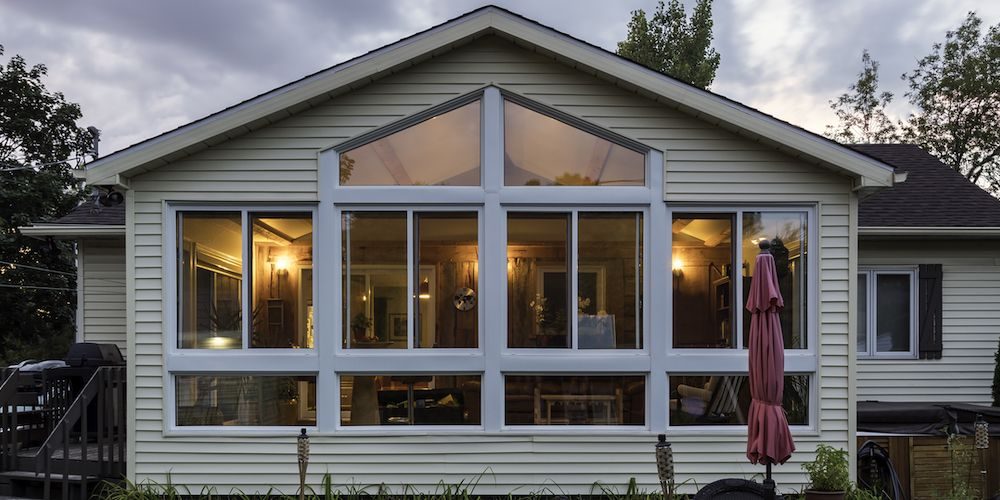Architecture
The First Few Steps in Purchasing a Home: What Should You Expect?


The early stages of buying a home can be quite tricky for many reasons; you’ll find yourself overwhelmed with excitement, fear, and expectations, all at the same time. Regardless of whether you have high or low expectations, you should always bear in mind that like any other thing in life, the process of purchasing a home has its ups and downs. You might wake up one day to find that you have finally gotten the lender’s approval, and the next day you may be hit with a major contract issue. It is very easy to break down and succumb to the pressure during the first few steps in buying a home, especially if this is your first home-buying experience. Therefore, you must understand all the basic rules before attempting to navigate the real estate market.
Here’s what you should expect during the first few steps in purchasing a home.
Buyers vs. Sellers
The home-buying market is saturated- only from one end of the spectrum. The demand in the market is more than the supply, meaning there are many more people looking to buy houses than those who are willing to sell. The demand is important to keep in mind because every time you make an offer, you should expect many others to make one too. It comes as no surprise that this is especially the case for magnificent houses that are reasonably priced, even if they had just entered the market. The sellers are at an advantage because they have many offers coming in for as long as the house is on sale. They get to choose the best offers and prospective buyers, forcing you to make some compromises. For instance, if the offer that you make depends on the sale of your current home like the case for most people, it can be very hard to win the seller over.
While you may feel inclined to give in to the overbearing pressure, you should always fully understand the risks of the bargains you make. Don’t make a compromise that you can’t afford to do, instead, try consulting a real estate agent to help you pinpoint what sellers are looking for and how to appeal to them.
Budget
When it comes to buying a new home, the home’s price value is not your only expense. Many people forget to factor in moving expenses, utility costs, amenities, and parking fees, among other variables. If you are moving from one area to another in a coastal state like North Carolina, you’ll find that the rates and prices may vary from one city to the other, which can leave you confused and unprepared. The real estate advisors at Raleigh NC homes suggest you research the rates at your chosen area, estimate the value of your current home, visit open houses, and reach out to a real estate agent before choosing a property. This will help you set realistic expectations and understand exactly what you’re in for.
Secure a Loan
Not finding a lender before setting out to search for a home is one of the most common mistakes. Home sellers want to know that the buyer is serious and won’t pull out of the deal. Getting approved for a loan is a lengthy process and the buyer will not patiently wait for you. If you don’t find a lender before making an offer to purchase a home, the chances are that the buyer will not consider you as a prospective buyer so you should at least show up with a pre-approval letter. To get one, you will need a good credit score, proof of assets and income, employment verification, and other similar documents.
Keep in mind that pre-qualifications are not pre-approvals; sellers hold the latter in higher regard since it shows that you have a good credit score as well as authorized documentation for a certain loan amount. Meanwhile, pre-qualifications are just an estimation of the amount of money that you can afford to pay. While early approval will put you at an advantage over those who don’t have it, pre-approval is only valid for about 60 to 90 days. Pre-approvals also help you set a price range as they provide you with the final amount you can borrow. To get the final approval, you will need to settle on a home and have an appraisal.
It is tempting to set unrealistic expectations before purchasing a new home, but as you take the first steps, you might get disappointed with the harsh reality. This can discourage and demotivate you; however, understanding what you’re in for will leave you fully prepared and ready to take on any challenges that may come your way. Once you know what to expect and how to prepare for it, buying a new home will not be as challenging as it sounds.